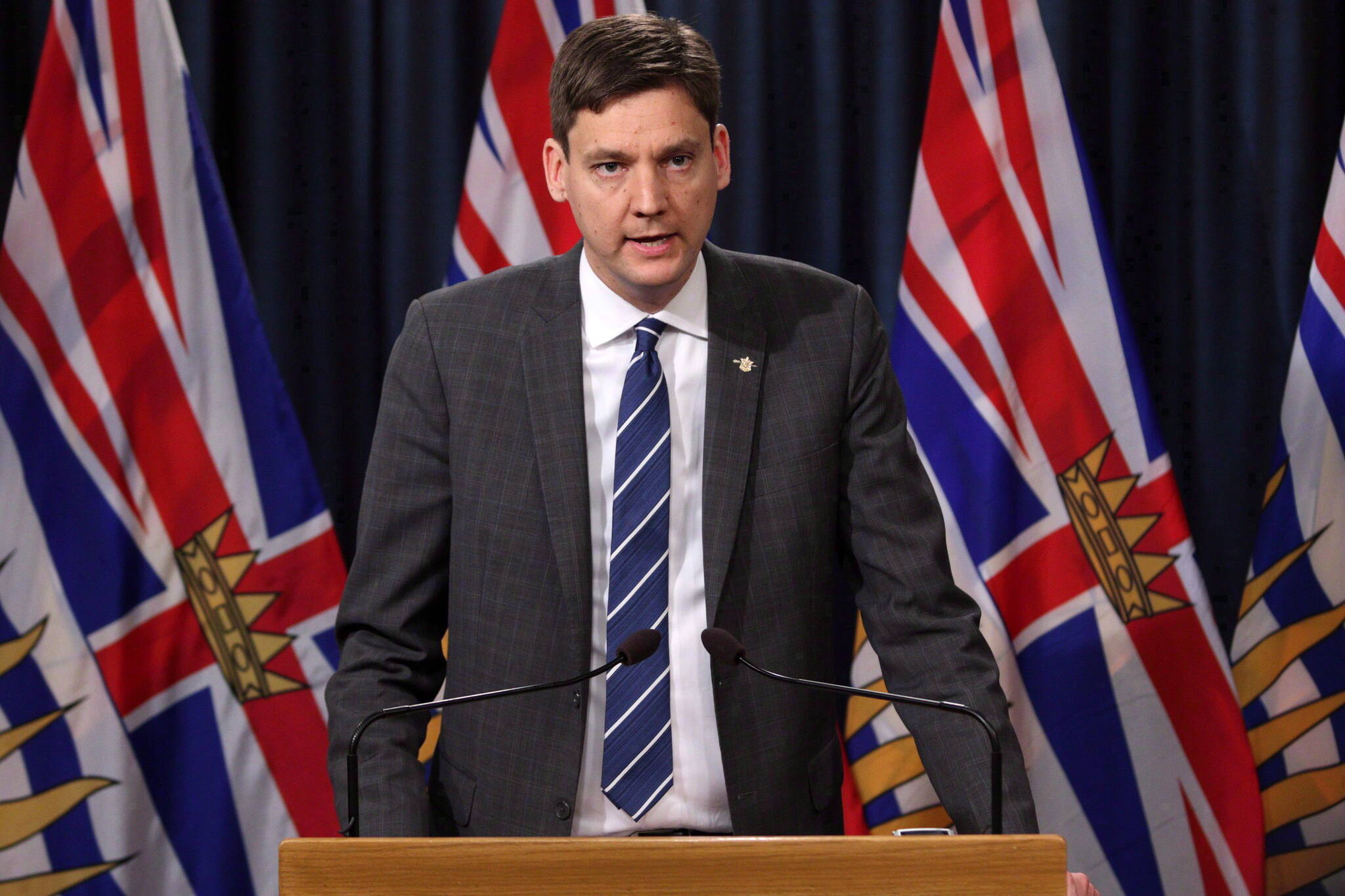Premier David Eby fears the effects of an expected interest rate hike on housing and other B.C. costs.
“Like other premiers around the table, I have a real sense of dread about the next Bank of Canada rate hike,” he said Tuesday (July 11) speaking to media at the Council of the Federation in Winnipeg July 10-12. “I think that the impact on British Columbians is pretty profound. Our housing is already very significantly more expensive than other parts of the country. People have bigger mortgages that they are trying to service.”
Eby made these comments hours before the Bank of Canada will make a regularly scheduled announcement about the future direction of the overnight rate, which guides interest rates charged by financial institutions. Economists expect that this key rate will reach 5 per cent, up from 4.75 per cent, to reach a 22-year-high. The Bank of Canada had announced a rate hike of 25 basis point last month, drawing criticism from some economists.
The Bank of Canada has joined major central banks around the world in raising interest rates to combat inflation stemming from the COVID-19 pandemic and Russia’s full-scale invasion of Ukraine.
Eby implicitly acknowledged the goal, but wondered whether it is worth the price for a growing of British Columbians struggling to pay their bills.
“I think there is a strong argument to be made that the rate increases are having their effect, but it seems to be having the effect on people who can least afford it,” he said.
RELATED: B.C. port strike spills over, U.S. workers refuse to touch Canada cargo
RELATED: Hundreds rally in Vancouver to support striking B.C. port workers
The latest MNP Consumer Debt Index offers supporting evidence. More than half (52 per cent) of British Columbians told the survey that they are $200 away or less from not being able to meet all their financial obligations at the end of the month. This figure marked an increase of eight per cent from the last quarter, the largest increase among provinces.
Nearly 7 out of 10 British Columbians (68 per cent) say they’re feeling the effects of interest rate increases. Six out of 10 say they are more concerned about their ability to pay their debts as interest rates rise. About three in five (58 per cent) say they will be in financial trouble if interest rates go up much further. Not surprisingly, the majority of British Columbians (86 per cent) say they will be careful with how they spend their money.
Eby said premiers will also be discussing the biggest expense facing Canadians — housing — as part of a broader discussion around cost-of-living.
“Cost of living is one of our major topics,” he said.
Eby also weighed in on the ongoing strike of more than 7,000 longshore workers at B.C. ports
“It has a knock-on-impact on the cost of living for people across the country as goods get more expensive because imports are not available and that’s really the worst time for that,” he said. “We also know that in British Columbia…the port workers have seen increasing costs just like everybody else. Those workers needed to be treated with respect and what we (premiers) want is a long-term deal that is going to last and that’s going to prevent disruptions like this from happening in the future and those kinds of deal are reached at the bargaining table.”
He added that premiers want the dispute to be resolved as quickly as possible.
@wolfgangdepner
wolfgang.depner@blackpress.ca
Like us on Facebook and follow us on Twitter.

